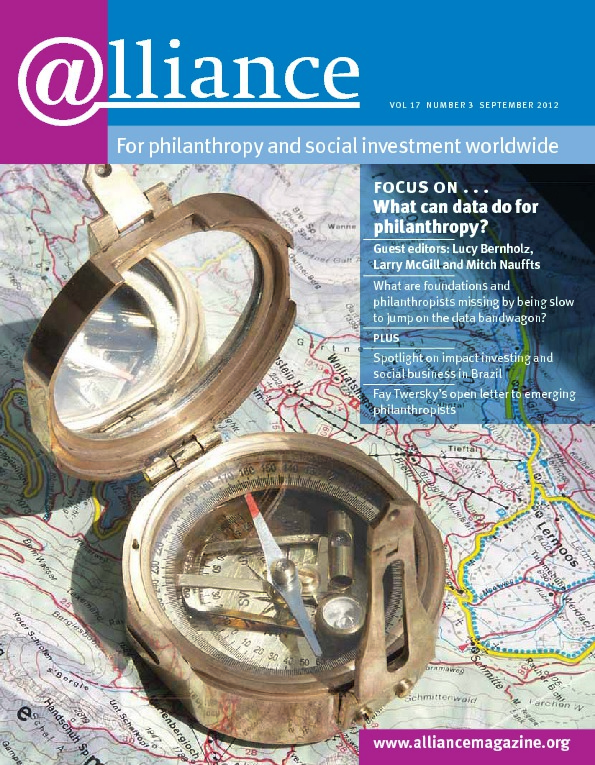So the EFC conference has started with a big bang and one can comment on a number of sessions that have really been insightful and very informative. From the Ray Murphy lecture to the risky business session, the level of debate and engagement has been thorough and rigorous. I was particularly intrigued by the risky business session, both in terms of content but also because of the way it was presented. I found myself agreeing with everything that was presented and this got me thinking. The more things looked familiar, the more uncomfortable I became. Simply because by nature I don’t feel comfortable in a comfort zone. The more the risks presented and discussed became familiar, the more I worried that I was in my comfort zone which happens to be my most uncomfortable position. I tend to vacillate in this position. So I immediately got into my resistance mode and began feeling that the language in use was limiting to our analysis and imagining. This is why.
The term ‘risk’ is by nature very limiting in the sense that it connotes a negative mindset and perhaps even outcomes. It forces players involved to be very calculative, cautious, mindful and by default averse. It is as if one begins planning or programming already with a ceiling on what is possible. Yet if thought or imagined differently say from the perspective of ‘grabbing opportunities’, one plans and programs with limitless imagination. I wondered during the session whether or not it would not help foundations to think about taking opportunities within what is possible and that way calculate risks as opposed to thinking about risks and then grab opportunities. This is my layman’s frame of mind. This reminded me of the analogy in the book The Leader Who Had No Title about a young man who was taken to two graves by his mentor. In the first grave were ten regrets that the dead person had written down before he died and wanted to be hurried with. In the other were ten successes that another dead person had included in the grave. The mentor then asked his protégée which grave he would prefer to be hurried in. Needless to say he wanted to be in the second grave with successes. The point is we can worry about risks and miss the opportunities or we can grab opportunities and celebrate what we could achieve while we were at it.
Subscribe now from only £45 a year!
This article is only available for our subscribers
Existing users can login here





